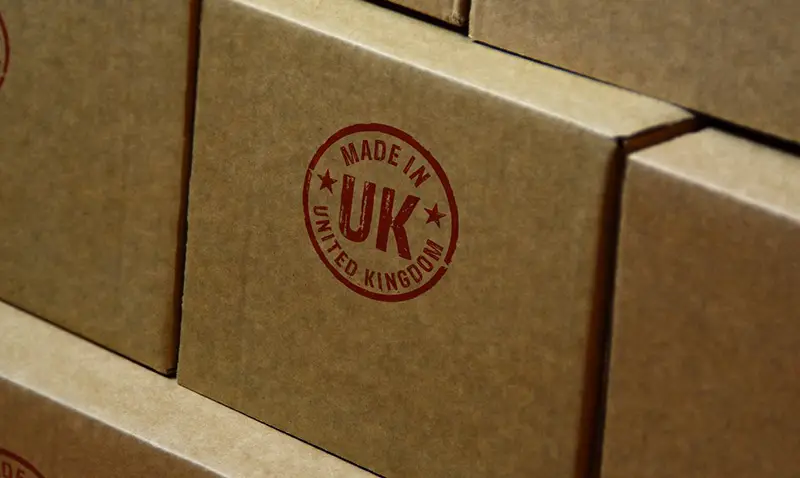Dr Jake Monk-Kydd discusses business, geopolitical and supply chain issues to ask, is manufacturing returning to the UK?
This is admittedly misleading. In 2022 the UK produced some £77 billion of manufactured goods, a 5% increase from 2021. This is by any calculation an impressive total with clothing, metals, whisky, and foodstuffs being major contributors. At the same time, however, our service sector accounted for £3,575 billion worth of trade (ONS, 2024). On relatively low numbers a headline-grabbing percentage rise for manufacturing would not be hard to present, surely? There is though emerging evidence of a potential resurgence in UK manufacturing.
The 1970s and the 1980s saw a dramatic reduction in manufacturing in the UK, once the world’s biggest and most dominant producer of export goods. A loss of UK dominance fuelled by adversarial and outdated working practices, lack of investment and at times poor management was combined with improvements in quality and competitiveness from elsewhere. The UK was no longer the number one choice for cars, ships, household goods, steel and transport it had once been. Many brands disappeared altogether while others became foreign-owned or moved production overseas subsidiaries, as has been seen by many famous brands including Rolls Royce, Mini, Jaguar, Dyson and Hornby.
Is this now changing though?
There is evidence showing that many countries including the UK are seeing manufacturing return from distant locations. Over the last few years, the USA has seen Mexico overtake China as their biggest trade partner. Exports from Mexico to the US in 2023 have increased 5% to $475.6bn. At the same time, the US imported a total of $427.2bn worth of goods from China, a decrease of 20%. In a move known as ‘reshoring’ (as opposed to offshoring) other US initiatives are predicted to add another 300,000 American manufacturing jobs aided in part in 2022 by President Biden’s CHIPS and Science Act designed to boost semiconductor and electric vehicle manufacturing in the USA and strengthen American production resilience.
The UK is benefitting from changes too. The town of Telford is seeing companies locate and expand in the area. Production here and elsewhere in the UK is improving. Running capital-intensive factories at home, or closer to home, makes more sense than labour-intensive production on the other side of the world.
Not only is this making sense for manufacturing control and lack of complications from geopolitical problems, the at times strained relations between the USA and China is a key example of this, but so too do the long supply chain issues too. Rising labour costs in China make locating there, or outsourcing there, look less attractive. Long supply chains are also slower and expensive. The Spanish-based fashion retailer Zara has long since used shorter supply chains with reshoring, nearshoring or friend shoring (the business world clearly loves inventing new terms for these things) as a means to obtain a competitive advantage for its clothing stores on our high streets. Recent geopolitical, environmental and infrastructure issues with the Panama and Suez Canals, and the Baltimore bridge disaster only serve to make reshoring all the more attractive to the UK and other economies.
Dr Jake Monk-Kydd is Senior Lecturer in the Christ Church Business School.
 Expert comment
Expert comment Emma Grafton-Williams
Emma Grafton-Williams 2343
2343


